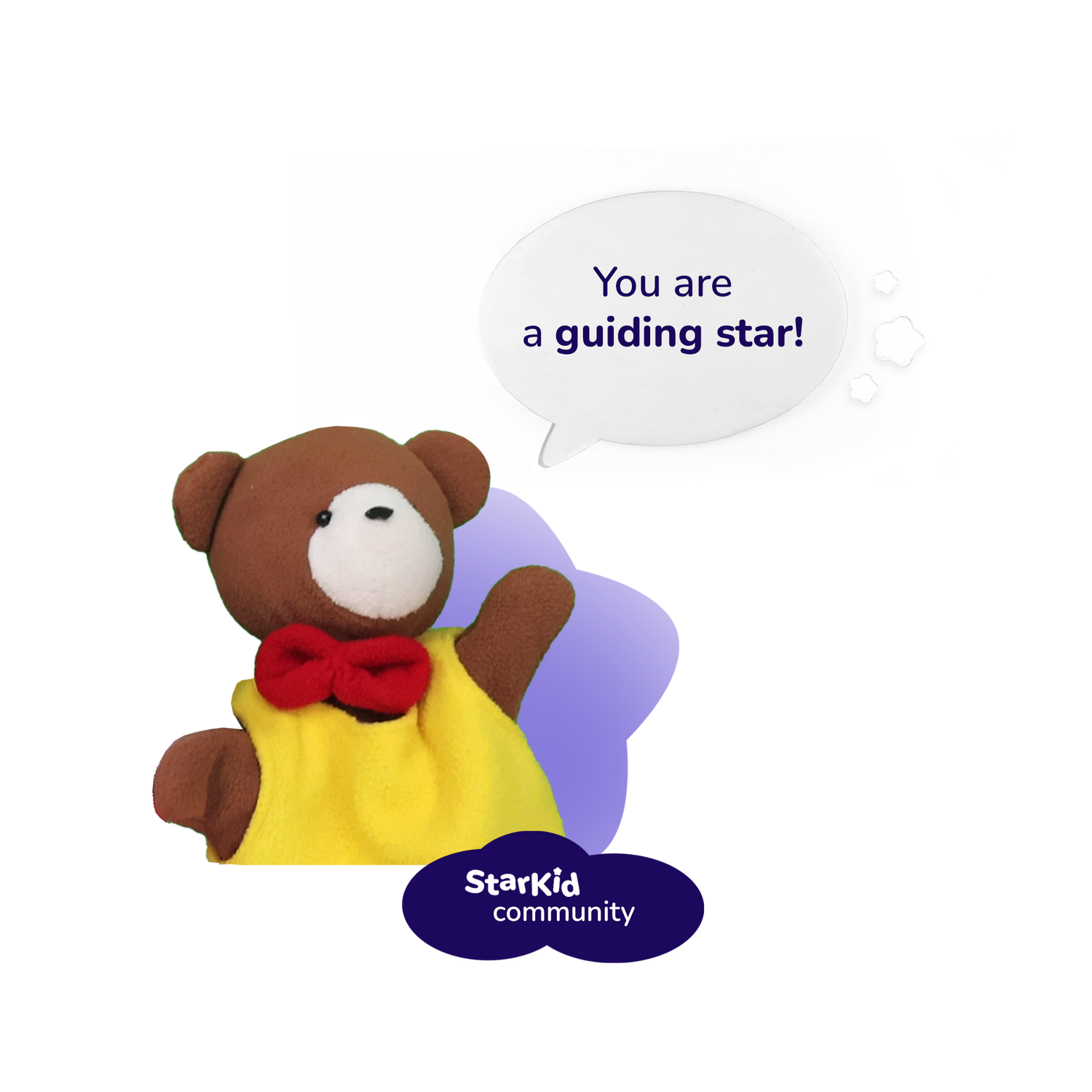Introduction
Social skills are crucial for children with autism to navigate everyday interactions and build meaningful relationships. This post offers practical strategies to help parents support their child’s social development, from understanding social challenges to utilizing specific techniques and resources.
Understanding Social Challenges
Children with autism often face social challenges, such as difficulty understanding social cues, initiating conversations, and making friends. Recognizing these challenges is the first step in providing support.
Detailed Social Challenges
- Understanding Social Cues: Difficulty interpreting body language, facial expressions, and tone of voice.
- Initiating Conversations: Challenges in starting and maintaining conversations, often leading to social isolation.
- Making Friends: Struggles with understanding and following social norms, leading to difficulties in forming and maintaining friendships.
Practical Strategies for Building Social Skills
- Role-Playing: Practice common social scenarios to build confidence. Role-playing can help children understand and rehearse appropriate responses to various social situations.
- Social Stories: Use stories to explain social situations and appropriate responses. Social stories provide a visual and narrative framework to help children understand social expectations.
- Structured Activities: Enroll in structured activities like sports or clubs to provide social interaction opportunities. These activities offer a controlled environment where children can practice social skills.
Additional Strategies
- Modeling Behavior: Demonstrate appropriate social behaviors through your own interactions.
- Positive Reinforcement: Praise and reward positive social interactions to encourage repetition.
- Use Visual Supports: Visual schedules and social scripts can help children understand and navigate social situations.
Resources and Support
- Social Skills Groups: Joining social skills groups can provide a supportive environment for practicing social interactions. Many communities offer groups specifically designed for children with autism.
- Therapeutic Support: Speech therapists and occupational therapists can offer targeted social skills training. Therapists can provide personalized strategies and interventions.
- Online Resources: Websites like Autism Speaks and The Autism Society offer resources and tools for developing social skills.
Specific Resources
- Books: “The Social Skills Picture Book” by Jed Baker, “The Unwritten Rules of Social Relationships” by Temple Grandin.
- Apps: Apps like “Social Stories Creator” and “Proloquo2Go” can aid in social skills development.
- Workshops and Classes: Look for local workshops or classes that focus on social skills for children with autism.
Conclusion
Building social skills in children with autism requires patience, practice, and support. By utilizing practical strategies and resources, parents can help their children navigate social interactions and build meaningful relationships. Remember, progress may be gradual, but with consistent effort and support, children with autism can develop essential social skills.


